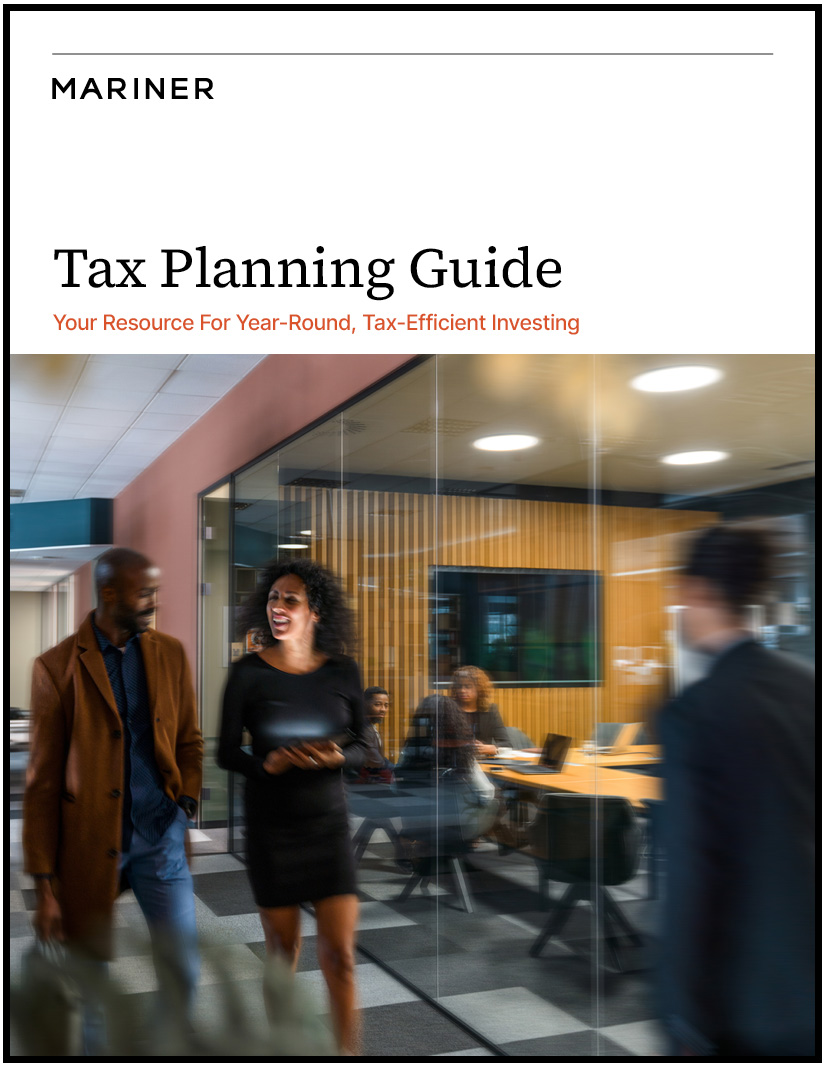Estate and Gift Tax Quick Facts
Take advantage of the current lifetime gift and estate planning tax exemption before it sunsets at the end of 2025. Here are some quick facts about tax breaks related to wealth transfer.
Lifetime Exclusion Limits
In 2024, your lifetime gift and estate planning tax exemption is $13.61 million.1 Starting in 2026, that amount is expected to be cut in half, so it’s a good idea to take advantage of it now as a way to transfer wealth to heirs and favorite charities free of federal taxes. Note that any amounts you transfer or gift over the lifetime exemption amount will be taxed.
Unlimited Marital Deduction
If you are married, an unlimited marital deduction allows you to leave all or part of your assets to your surviving spouse free of federal estate tax. But to use your late spouse’s unused estate tax exemption, referred to as portability, you must elect it on the estate tax return of the first spouse to die, even when no tax is due. If you don’t elect portability, you could incur a federal estate tax bill.
Gift Tax Exclusion
You can give annual gifts without being taxed. In 2024, the annual gift tax exclusion is $18,000 for individuals and $36,000 for married couples.2 For example, if you and your spouse give an annual gift of $50,000 to a specific individual in 2024, of that gifted amount, $36,000 will be a tax-exempt gift and $14,000 will count toward your lifetime gift exemption amount. Even after you surpass the lifetime exemption, you can still give up to the annual gift exclusion amount without paying gift tax.
Phased Out Lifetime Exclusion Amount
When the federal lifetime gift and estate planning tax exemption expires at the end of 2025, it’s expected to revert back to pre-2018 exemption of $5 million per individual and that amount will be adjusted for inflation.
Generation-Skipping Transfer Tax
Additionally, a generation-skipping transfer (GST) tax applies when you gift money and assets to grandchildren or to any unrelated person who is at least 37½ years younger than you. The GST tax is meant to discourage an individual from passing assets directly to a grandchild to avoid paying the estate tax twice (once when passing to a child and then again when they pass it to their child). The generation-skipping tax exemption is the same as the annual and lifetime gift tax exclusion.
Review Your Estate Plan
If it’s been a few years since you’ve reviewed your estate plan, or you’ve experienced a life change such as divorce or loss of a spouse, review your estate plan with your attorney and wealth advisor to update your documents.
Talk to Your Wealth Team
At Mariner, our estate planning and trust services team are in-house. They can work with you, your wealth advisor and attorney to advise you on tax-efficient estate planning.
Tax Guide: Your Resource for Year-Round Tax-Efficient Investing
Year-round planning with an advisor could help improve your overall wealth plan. Find out more by downloading our tax guide.
Sources:
1,2“What’s New-Estate and Gift Tax”
This article is limited to the dissemination of general information and is intended for educational purposes only. The views expressed do not take into account any individual personal, financial, or tax considerations. As such, the information contained herein is not intended to be personal legal, investment or tax advice or a solicitation to engage in a particular strategy. Any opinions and forecasts contained herein are based on information and sources of information deemed to be reliable, but we do not warrant the accuracy of the information. You should note that the material is provided “as is” without any express or implied warranties. Please consult a professional before making any financial or tax related decisions. Mariner does not provide legal advice.
Mariner is the marketing name for the financial services businesses of Mariner Wealth Advisors, LLC and its subsidiaries. Investment advisory services are provided through the brands Mariner Wealth, Mariner Independent, Mariner Institutional, Mariner Ultra, and Mariner Workplace, each of which is a business name of the registered investment advisory entities of Mariner. For additional information about each of the registered investment advisory entities of Mariner, including fees and services, please contact Mariner or refer to each entity’s Form ADV Part 2A, which is available on the Investment Adviser Public Disclosure website. Registration of an investment adviser does not imply a certain level of skill or training.
Mariner does not provide all services included herein. Some services are provided by affiliates and are subject to additional fees.



